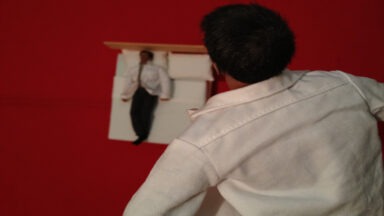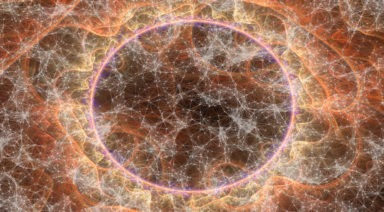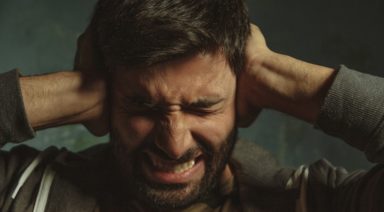Is Crowdfunding the Solution to Growing Psychedelic-Assisted Therapy?
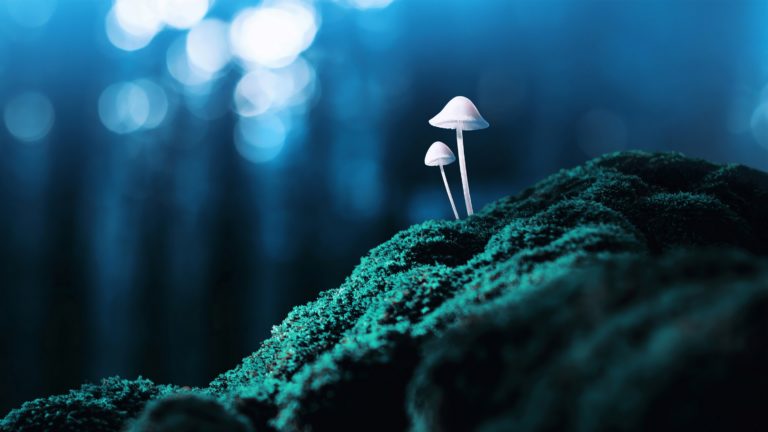
Crowdfunding Psychedelic Research
The medical benefits of psychedelic drugs have been proven repeatedly, so why hasn’t there been more funding funneled into its research and development? The short answer is that big pharmaceutical companies can’t patent and reap profit from them.
Of course, there is also the stigma behind illegal drugs and their scheduling, but according to scientists leading the charge in research behind drugs like MDMA, LSD and Psilocybin, funding is the biggest hindrance.
This has led research groups like the Beckley Foundation and the Multidisciplinary Association for Psychedelic Studies, or MAPS, to look to crowdfunding campaigns for money. These groups have found clinical success in the past and haven’t had a lot of trouble getting government permission to test scheduled drugs, they just need resources.
That’s why there’s Fund a mental (health revolution). It’s a crowdsourcing campaign designed to garner money to donate to these organizations that have had success with treating mental health issues like PTSD, addiction and end-of-life anxiety, by using psychedelic drugs paired with intensive psychotherapy. The campaign was started by Rodrigo Niño, a man who, after taking the DMT-containing Ayahuasca, rid himself of severe anxiety upon discovering he had cancer.
MAPS
The Multidisciplinary Association for Psychedelic Studies researches psychedelic drugs ranging from LSD, to Ibogaine and Ayahuasca. But their successful research treating PTSD with MDMA has gained them the most attention in scientific communities and the media. Repeated successful studies by MAPS has led them to try to expedite FDA approval by applying for breakthrough therapy status, potentially making MDMA available with a prescription by 2021.
Their success was described in a New York Times article saying, “patients reported a 56 percent decrease of severity of symptoms on average, one study found. By the end of the study, two-thirds no longer met the criteria for having PTSD.”

MAPS wants you to know that MDMA is not the same as “Ecstasy” or “molly,” and that their trials are carefully monitored in a controlled environment, while paired with intense psychotherapy.
There is clearly a cohesive community in this realm as MAPS works together often with The Beckley Foundation as well as NYU’s School of Medicine and other notable researchers like David Nutt. They have even started a week of talks and workshops called the Psychedelic Science Conference held in Oakland, joining members of the community from all over the world.
The Beckley Foundation
When Amanda Fielding discovered LSD in the 60s, she instantly understood the potential that the drug had for consciousness expansion, especially when it came to the creative process. Since then, the drug has been scheduled and vilified in the mainstream, but she knew that the best way to change that perception was to prove its utility through science.
One of the things that her foundation focuses on that is gaining in popularity and intrigue is micro-dosing. With the rise of nootropics and “biohacking,” many people, notably in the tech world, are looking for ways to increase cognitive function and mental performance, by way of psychotropic drugs and supplements. Micro-dosing involves taking a significantly diluted or small amount of a hallucinogenic drug, like LSD or Psilocybin, that does not make you trip. The effects can lead to higher levels of creativity, positive mood and an alert, awakened state. There is no scientific evidence of this, yet. Fielding hopes to change that.

We know that psychedelics can lead to awakened states of consciousness and have the power to heal. With the stigma slowly starting to lift in the mainstream, it seems that a push from the public could be what is needed to clear the final hurdles. Since the failure of the war on drugs, medical marijuana is rapidly being legalized or decriminalized in many states with numerous benefits clinically and fiscally. We could be on the verge of a revolution in decriminalization and sweeping changes in drug policy.
Psychedelic Experiences Neurologically Mimic Near-Death Experiences
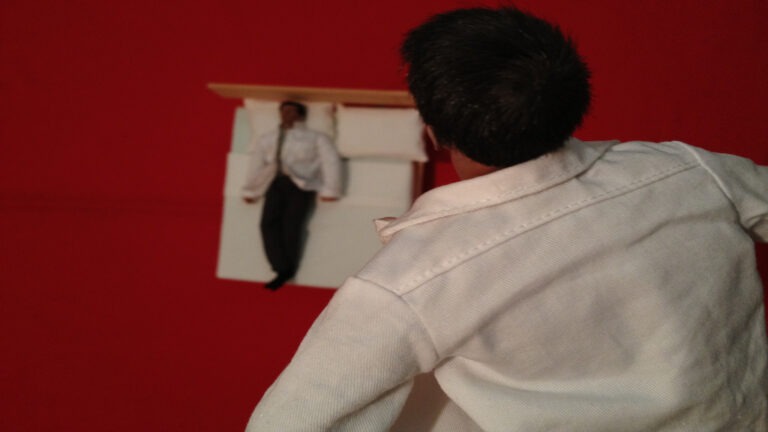
Research suggests the psychedelic trip is remarkably similar to a Near-Death Experience and has been noted for decades. Now, research into the neural activity experienced while under the influence of psychedelics, is providing valuable context for the commonalities.
Dr. Eben Alexander is a neurosurgeon who experienced an NDE in 2008 and has since been studying the phenomenon and sharing his findings in a number of bestselling books.
“This research with psychedelics has been so fascinating,” Alexander said. “Not only does it show that the brain goes dark under the influence of such substances, they actually showed this beautiful inverse correlation between the amount of turning off and dissolution of the Default-Mode Network, as demonstrated on fMRI, with a degree of liberation of consciousness away from the ego into these unfettered realms of transcendental and paranormal experience. It shows us in a very concrete fashion that the brain activity is not actually causing all of this to happen, but it’s more the brain getting out of the way.”
Researcher Dr. Rick Strassman was the first to rigorously study the overlap between the psychedelic experience and the NDE. The commonalities are quite significant.
“It’s all about entering new realms, I mean, entire immersive experiences — worlds that are different from our material realm. That is a very common theme in those drug experiences as well as in near-death experiences. There’s also this extraordinary world of beings, entities, guides, of intelligences. It’s showing this incredible unification, a sense of being, and a binding force of love through these experiences. So, there’s a commonality of lesson and transformation,” Alexander said.



